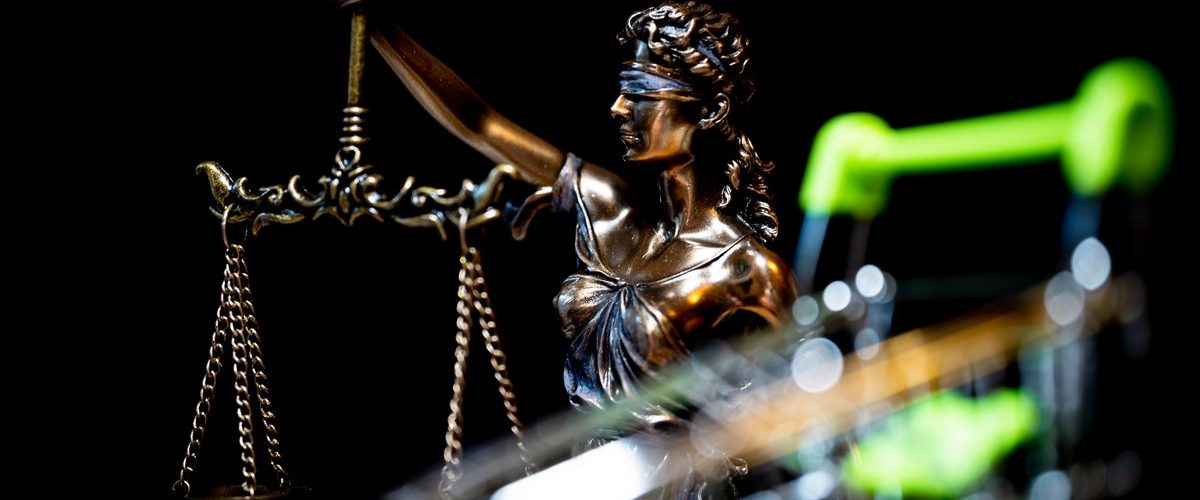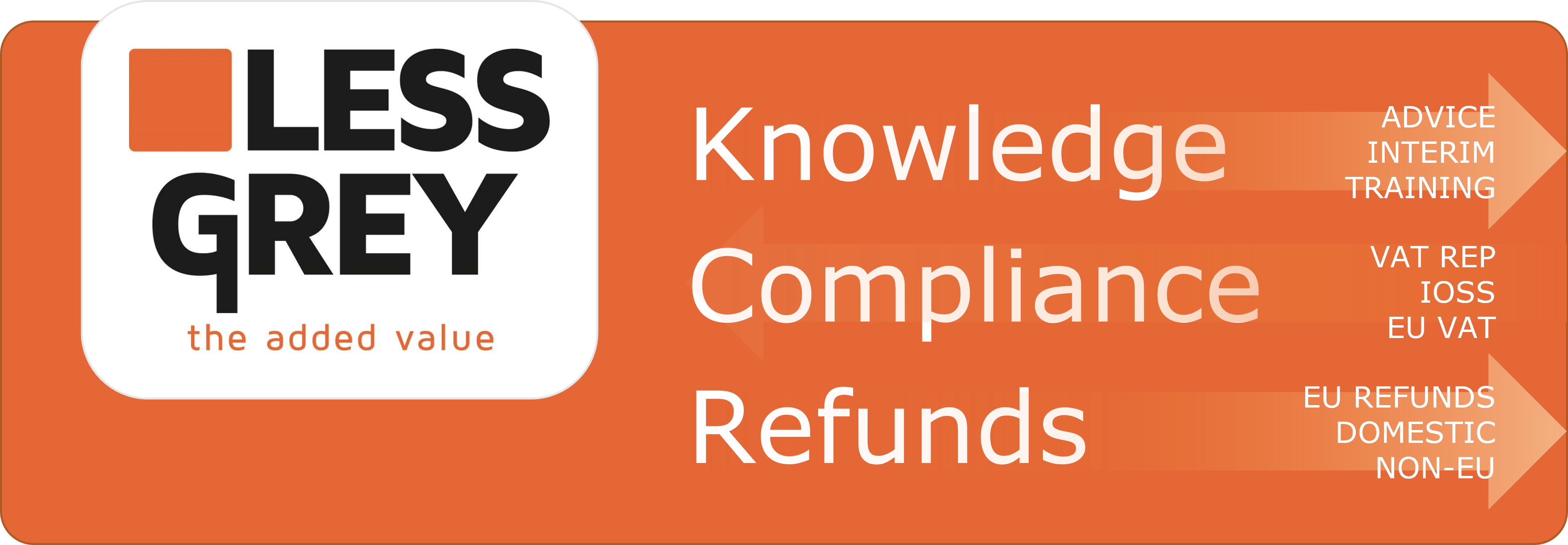On Dec 14, 2006, the ECJ issued its decsion in the case C-401/05 (VDP Dental Laboratory).
Sixth VAT Directive – Exemptions – Article 13A(1)(e) – Scope of the exemption – Manufacture and repair of dental prostheses by an intermediary who does not have the status of dentist or dental technician – Subcontracting to a dental technician
Article in the EU VAT Directive
Article 13(A)(1)(e) of the Sixth Directive (Art. 132(1)(e) of the EU VAT Directive 2006/112/EC)
Article 132 (exemptions)
1. Member States shall exempt the following transactions:
(e) the supply of services by dental technicians in their professional capacity and the supply of dental prostheses by dentists and dental technicians;
Facts
- VDP is an undertaking established in the Netherlands and is engaged in having dental fittings such as crowns, inlays and bridges manufactured to order for dentists established in the Netherlands, other Member States and non-member countries. After ascertaining whether the dental plaster casts supplied by the dentists are usable for the purposes of making a dental prosthesis, VDP sends those plaster casts to a laboratory (usually established outside the Community) and requests that a dental prosthesis be manufactured on the basis thereof. When that prosthesis is finished, the laboratory supplies it to VDP which pays remuneration for it to the laboratory and, where necessary, has it imported into the Community. VDP then supplies the prosthesis, in return for payment, to the dentist who ordered it. VDP does not employ any dental technicians or dentists.
- In its VAT declarations for the period 1 January 1996 to 31 December 1998, VDP took the view that the supplies it made to dentists based in the Netherlands were exempt from VAT and consequently, under Article 15(2) of the 1968 Law on VAT, it did not deduct the input VAT in respect of such supplies, with the exception of the input VAT relating to supplies made to dentists based outside the Netherlands.
- A notice of additional assessment was sent to VDP as regards that period. According to the Tax Inspector, since VDP makes only the supplies referred to in Article 11 of the 1968 Law on VAT, it is not authorised to deduct that tax, even in respect of supplies to dentists based outside the Netherlands, except where exclusion from deduction would lead to double taxation, namely, firstly, where the goods were exported to a non-member country and, secondly, in the case of an intra-Community supply provided that VDP states the VAT identification number of the purchaser and declares it to be an intra-Community supply. However, those conditions were not satisfied in the present case.
- By judgment of 13 January 2003, the Gerechtshof te Amsterdam (Amsterdam Regional Court of Appeal) (Netherlands) held, contrary to the view of the Tax Inspector, that VDP’s supplies in the period from 1 January 1996 to 30 November 1997 were not exempt under Article 11(1)(g) of the 1968 Law on VAT in the version in force prior to 1 December 1997 with the result that the additional assessment to which VDP had been made subject was not justified for that period.
- On the other hand, as regards the period from 1 December 1997 to 31 January 1998, the Gerechtshof te Amsterdam held that VDP’s activities did meet the conditions laid down by Article 11(1)(g) of the 1968 Law on VAT in the version in force as from 1 December 1997. Although VDP’s activities cannot be considered to be a supply of dental prostheses by a dental technician for the purposes of Article 13A(1)(e) of the Sixth Directive, as none of the people employed by VDP have a professional qualification as a dental technician and VDP merely takes orders, assesses the usability of the plaster casts, commissions third parties to manufacture the dental prostheses and supplies them to the customer, the fact remains, according to that court, that Article 11(1)(g) of the 1968 Law on VAT, unlike Article 13A(1)(e) of the Sixth Directive, lays down no condition as regards the status of the supplier who makes the supply. Consequently, the Gerechtshof te Amsterdam refused the deductions made by VDP for that period on the ground that as the application of Article 11(1)(g) of the 1968 Law on VAT is inextricably linked to the exclusion of the right to deduct VAT, VDP could not at one and the same time rely on the exemption provided for in that article and, for the purposes of deducting VAT, the provision of the Sixth Directive under which those services are not exempt.
- In the appeal on a point of law it brought before the Hoge Raad der Nederlanden (Supreme Court of the Netherlands), VDP claims that it was entitled to deduct VAT in respect of the supplies to France and Italy. Since, under the national laws on VAT of those two Member States, no exemption applies to the supplies of dental fittings which VDP made to those countries, the goods and services which it bought for the purposes of supplying dental prostheses to dentists based in those Member States are used in connection with supplies which are subject to tax under the Sixth Directive. Article 17(2) of that directive therefore means that VDP can, to that extent, deduct VAT.
- In its order for reference, the Hoge Raad der Nederlanden observes that it cannot be inferred either from the wording of Article 11(1)(g) of the 1968 Law on VAT, in the version in force as from 1 December 1997, or from the history of that law, that the application of the exemption is subject to the condition that the supplier has a particular status. However, that court raises the question whether that finding constitutes a proper application of Article 13A(1)(e) of the Sixth Directive. On the one hand, the objective of lowering healthcare costs could be an argument in favour of the exemption of the supplies at issue (see, to that effect, Case C‑76/99 Commission v France [2001] ECR I-249, paragraph 23). On the other hand, a stricter interpretation could lead to the conclusion that the words ‘dental prostheses supplied by dental technicians’ covers only a supply by a dental technician acting as such.
- The Hoge Raad der Nederlanden raises the question whether, where a supply of dental prostheses is effected from a Member State which, under the Sixth Directive, exempts that supply, to Member States such as the French Republic and the Italian Republic, where the supply would be subject to tax under Article 28(3)(a) of the Sixth Directive in conjunction with point 2 of annex E thereto, Article 17(3)(a) of the directive precludes deduction of VAT or whether the principle of fiscal neutrality requires the Member State of dispatch to permit that deduction. The Hoge Raad der Nederlanden maintains in this connection that, although Article 17(1) of the Sixth Directive does not attach any right to deduct VAT to the exemption provided for in Article 13 thereof, Article 17(3)(b) of the directive does grant a right to deduct as regards the exemption provided for in Article 28c concerning intra-Community supplies.
Questions
AG Opinion
(1) Article 13A(1)(e) of Sixth Council Directive 77/388/EEC of 17 May 1977 on the harmonisation of the laws of the Member States relating to turnover taxes – Common system of value added tax: uniform basis of assessment – is to be interpreted as meaning that dental prostheses supplied by an intermediary who is not himself qualified as a dental technician or dentist are not covered by the notion of supplies exempt under this provision.
(2) Under Article 17(3)(b) of the Sixth Directive, a taxable person has the right to a deduction or refund of input tax in respect of intra-Community supplies of dental prostheses which are exempt from tax under the first subparagraph of Article 28c(A)(a) of the Sixth Directive where the corresponding intra-Community acquisition is subject to tax in the Member State of destination since that Member State continues to subject similar transactions to tax pursuant to Article 28(3)(a) of the directive, in conjunction with point 2 of Annex E thereto.
Under Article 17(3)(a) of the Sixth Directive, a taxable person has the right to a deduction or refund of input tax in respect of supplies made in another Member State under Article 28b(B) of the Sixth Directive, in conjunction with the second subparagraph of Article 28a(1)(a) thereof, in so far as they would be eligible for deduction of tax if they had occurred in the territory of the country. In that case, a right to deduct input tax exists also where the supply would be treated as an exempt transaction in the territory of the country in breach of the Sixth Directive.
Decision
Article 13A(1)(e) of Sixth Council Directive 77/388/EEC of 17 May 1977 on the harmonisation of the laws of the Member States relating to turnover taxes – Common system of value added tax: uniform basis of assessment, as amended by Council Directive 95/7/EC of 10 April 1995, must be interpreted as meaning that it does not apply to supplies of dental prostheses effected by an intermediary like the one in question in the main proceedings who does not have the status of dentist or dental technician, but has acquired such prostheses from a dental technician.
Summary
Article 13A(1)(e) of the Sixth Directive must be interpreted as meaning that it does not apply to supplies of dental prostheses by an intermediary such as that at issue in the main proceedings, who is not a dentist or dental technician, but who has involved a dental technician.
Source:
Similar ECJ cases
Newsletters















